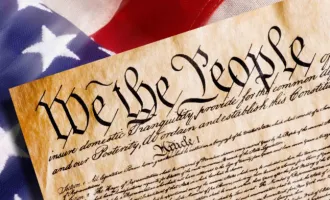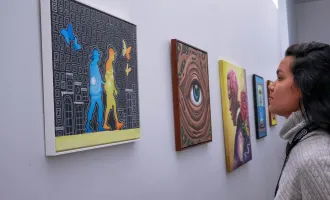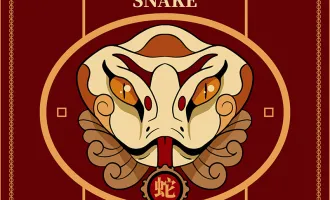This Date in UCSF History: Artist Asks, Who Are You?
Originally published on January 19, 2012. This year’s keynote speaker for Martin Luther King Week at UCSF was Kip Fulbeck, artist and UC Santa Barbara professor, who delivered a multimedia presentation that was by turns hilarious, touching, angry and wise.
In his Hapa Project, Fulbeck takes straightforward photos of people’s faces and asks them a simple question: Who are you?
In a series of photographs, he has his subjects list their ethnic background and then answer that oh-so-loaded question.
Fulbeck spent most of the hour in Cole Hall on January 17th showing his audience the results. The faces on display in his keynote talk were a cross-section of humanity, from the tough Hells Angel to a solemn survivor of Hitler’s holocaust to delightful portraits of children.
Fulbeck discovered that people not only have definite opinions about who they are, they are more than willing to share them.
In the Hapa Project, their lives are on display. Fulbeck pointed out that in his view, diversity is about more than race.
There is age, gender, sexuality — any number of things express human diversity. He says he interviewed and photographed about 1,200 people across America, and about 10% made it into the book.
Fulbeck also showed slides from his book on tattooed people. These ranged from the heartbreaking — the survivor of Hitler’s concentration camps showing her camp identity tattoo — to the sidesplitting — a grad student’s tattoo that led to his comment, Why they put tattoo parlors next to bars? I have no idea.
There was more to Fulbeck’s presentation than mug shots. He opened with a hilarious setpiece about filling out a form, especially the forms that would have a person’s ethnicity fitting neatly into one box.
As a child of mixed parentage — mother was Asian, father was Caucasian — Fulbeck said being able to check only one box made him feel like he had to betray one of his parents.
The audience also got to see an 8-minute film during which Fulbeck pointed out that growing up, no one looked like him — except for ethnically vague Disney characters.
(His mother, who appears in the film, seemed a little dubious about that premise.)
Closing with a poem, Fulbeck gave his UCSF audience reason to cheer at the end. And to ponder the answer to that seemingly simple question: Who are you?



